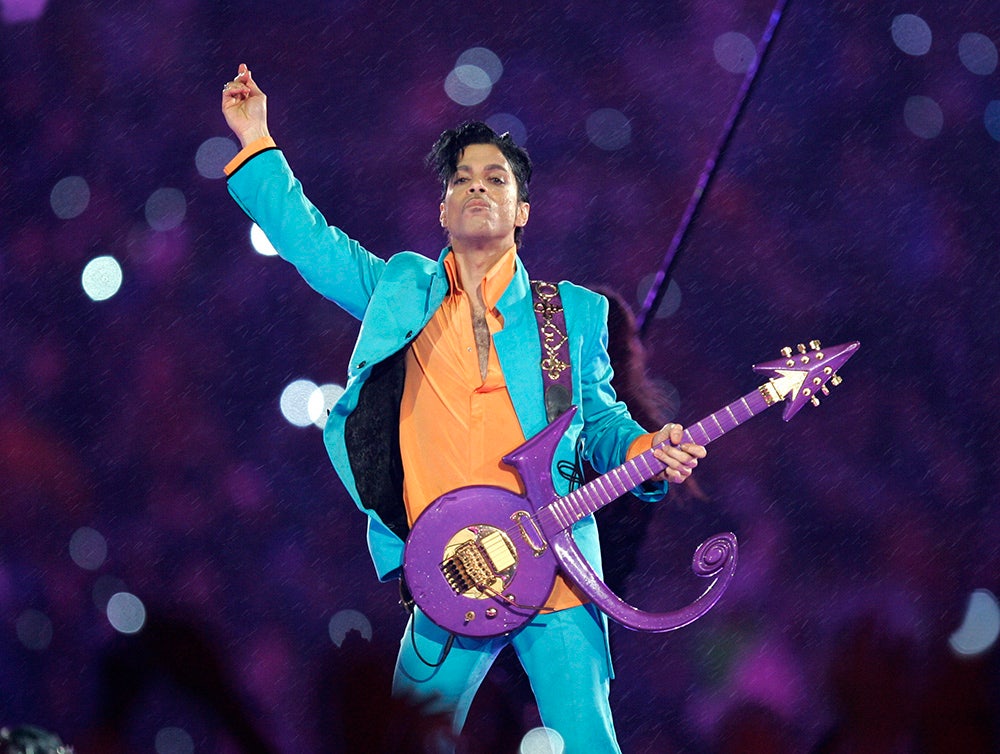The evolution of modern pop music, particularly rock ‘n’ roll, has been deeply intertwined with the invention of the electric guitar by Adolph Rickenbacker and George Beauchamp during the 1930s. This innovation revolutionized the music industry, providing a powerful outlet for musicians to express their emotions and listeners to connect with the raw energy of the sound. Over the years, the electric guitar has become a symbol of American culture, inspiring dreams of stardom and artistic freedom.
The Rickenbacker Frying Pan, the earliest model of the electric guitar, quickly gained commercial success, leading to waves of imitators and innovations from designers like Les Paul, Leo Fender, and Roger Rossmeisl. Their contributions built upon the technology pioneered by Rickenbacker, empowering a uniquely American style of music that captivated audiences worldwide. Songs like “Juke Box Hero” by Foreigner and “Thunder Road” by Bruce Springsteen showcase the emotional depth and power of the electric guitar in popular music.
Adolf Adam Richenbacher, later known as Adolph Rickenbacker, overcame personal challenges to achieve success in reshaping global pop culture. Born in Switzerland, he immigrated to the United States with his family, facing hardships like the loss of his mother and his father’s tragic accident. Despite these obstacles, Rickenbacker eventually married and moved to Los Angeles, where he co-founded a manufacturing company that played a crucial role in the development of the electric guitar.
The partnership between Rickenbacker and Beauchamp led to the patent for the electric guitar in 1937, marking a significant milestone in music history. The instrument’s ability to convert string vibrations into electric pulses allowed for amplified sound that revolutionized the music industry. Artists like The Beatles, Chuck Berry, and Muddy Waters embraced the electric guitar, making it the primary instrument of rock ‘n’ roll and influencing generations of musicians.
The electric guitar’s popularity among Hawaiian musicians in the early days paved the way for its mainstream success in American and British music scenes. Teenagers from diverse backgrounds found common ground in their shared passion for the electric guitar, fueling a cultural shift towards rock ‘n’ roll and youth-driven music movements. The instrument’s affordability and accessibility made it a symbol of inclusivity and artistic expression for aspiring musicians.
Innovative artists like Sister Rosetta Tharpe, Les Paul, and Chuck Berry further expanded the possibilities of the electric guitar, shaping its role in rock ‘n’ roll and beyond. The Beatles’ impact on American pop culture highlighted the electric guitar’s universal appeal and enduring influence on music. The instrument continues to captivate audiences worldwide, serving as a bridge between cultures and a symbol of creative freedom in the modern music industry.











